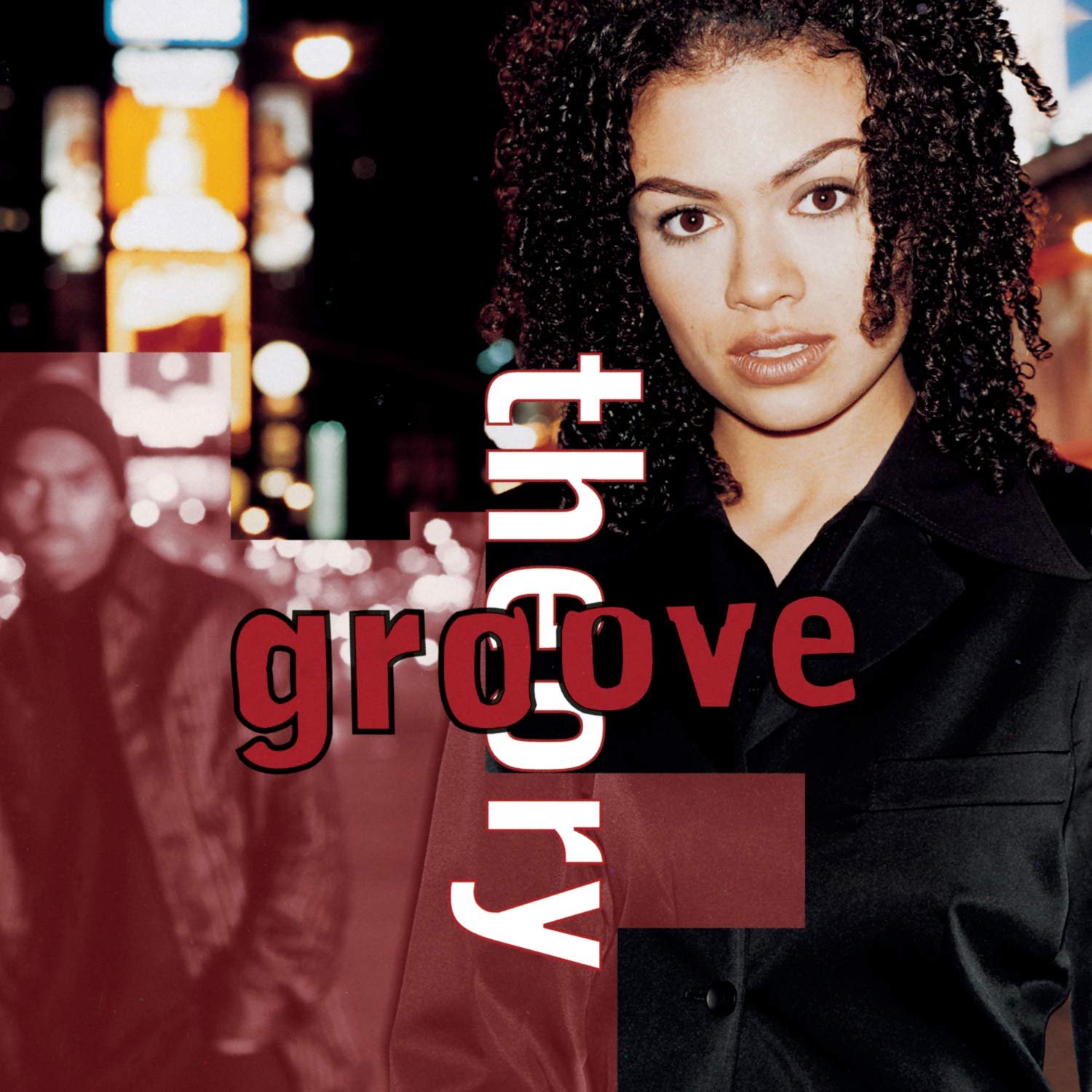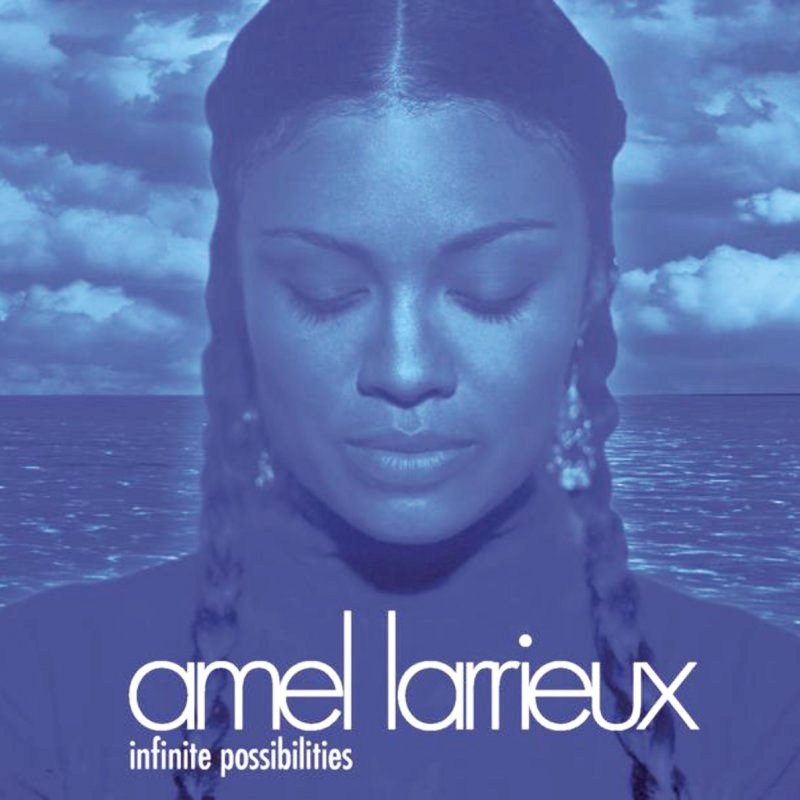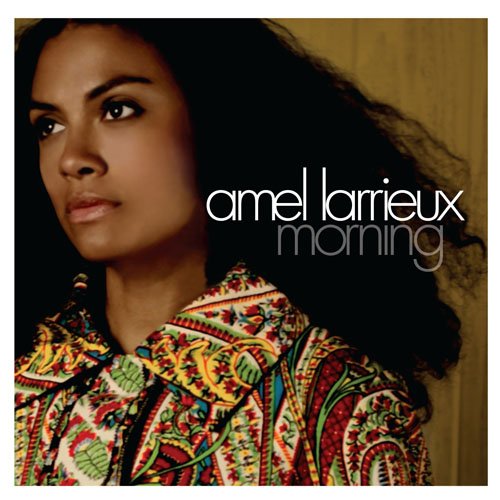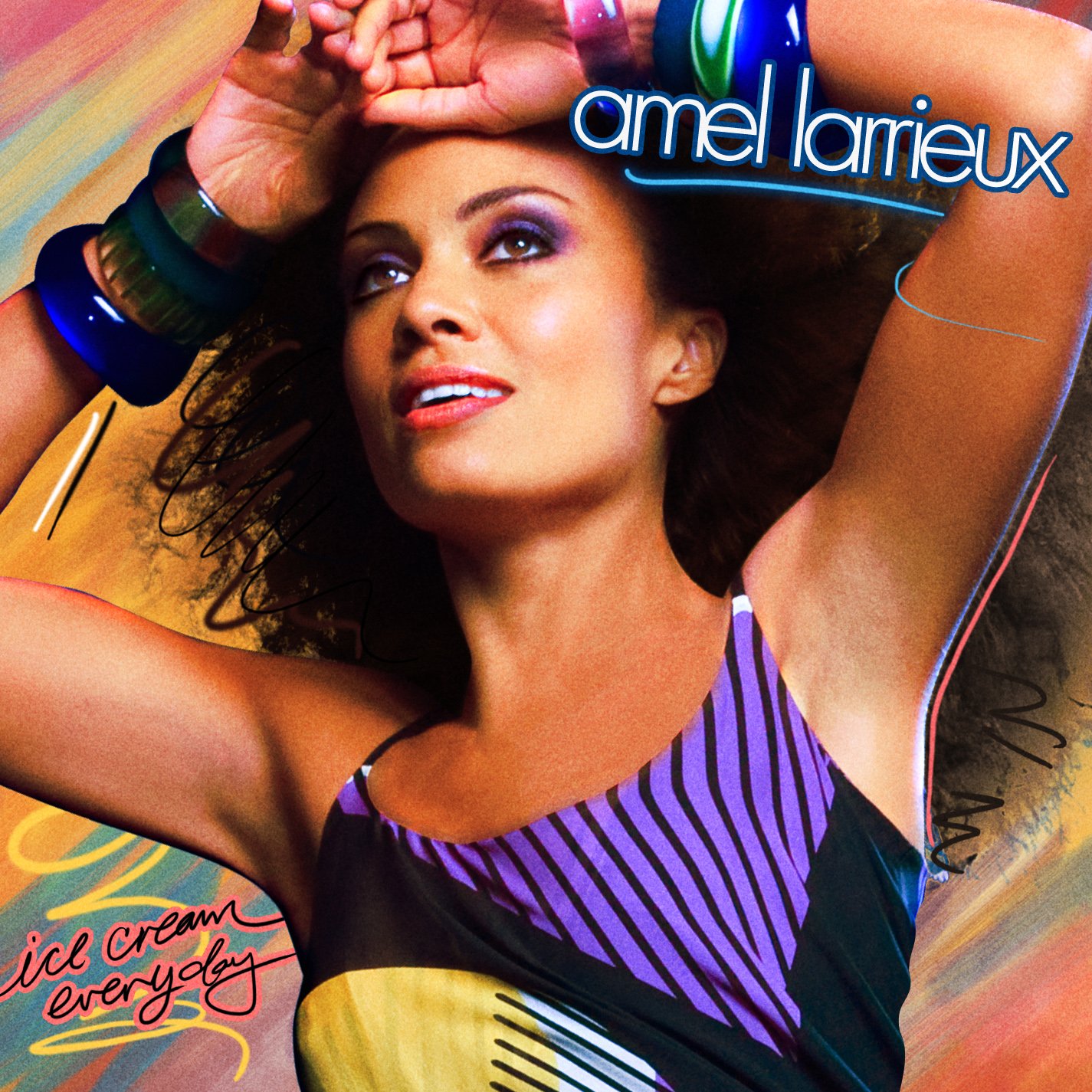Happy 20th Anniversary to Amel Larrieux’s second studio album Bravebird, originally released January 20, 2004.
Somebody had to make indie cool; it didn’t start that way.
At least for R&B in the 1990s and 2000s, it took intrepid strides from trailblazers like Betty Wright, Jody Watley, and notably, Prince, to show what could be done outside the familiar shelter of a major label. Once, while chatting casually between songs in concert, Amel Larrieux shared that it was Prince who encouraged her to free herself from reliance on majors. The prospect carried specific challenges.
Fans get accustomed to glam squads, choreographed Hype Williams videos, Battery Studios NYC sessions, and hiring The Neptunes or Scott Storch to make your lead single the song of the summer. The loss of multimillion-dollar budgets to get that done might mean losing your fans too. Undeterred, Larrieux—with her husband Laru Larrieux—started Bliss Life Records. After all, their team has always been largely self-contained.
Even before co-creating her solo inception Infinite Possibilities (2000), the Larrieuxs collaborated on four cuts for Groove Theory’s 1995 eponymous debut. Again, without the watchful correction of a label’s commercial interests, some artists get thrown around by the firehose force of their own creativity. Rather, these two dialed-in the unique left-of-center sound that made Infinite Possibilities compelling and deepened it.
The outcome was Bravebird, a paradigm-shifting, proto-alternative R&B declaration of independence that proved Larrieux a talent versatile, transcendent, and ultimately unsinkable. As a gifted songwriter and world music aesthete with jazz improv chops, Larrieux uses all to her advantage. This foreign-yet-familiar feel distinguished her from similarly divergent and gifted artists like Jill Scott, Kindred the Family Soul, Floetry, and Musiq Soulchild, often lumped together under the banner of “neo-soul.”
Listen to the Album:
For those entering with neo-soul expectations, “For Real” did not disappoint. The fantastic midtempo lead single contrasts fluffy piano against a booming track that happily clunks and clomps. Inspired by love supreme—a topic that often brings out her best—Larrieux is moved to scrape the ceiling of her range for a playful climax à la Minnie Riperton. A #45 entry on the Billboard R&B chart validated its impact. Today, “For Real” remains her most streamed solo song ever. It showed Larrieux could color within radio’s lines if desired, justifying everywhere else in her sophomore odyssey she intentionally did not.
Most fearlessly, she chooses a nearly unspeakable atrocity upon which to anchor the titular “Bravebird.” She intones, “In a land far away / Where the sun doesn't spare a soul / And a twisted tradition / Has a girl in a stranglehold / Lies a desert with the footprints / Of little girls with a secret / Of a pain that you and I could never know.” These words carefully encircle the plight of a woman fleeing the practice of female circumcision, a horrific mutilation prevalent in some African, Asian, and Middle Eastern territories.
The NYC-born singer becomes the face of this vital message, with a steely gaze masking her vulnerability in a striking Ruven Afanador-shot cover image. Her typically-plaited or otherwise restrained hair unshackles itself, defiantly tracing the wind. This freedom imbues the title song and overall posture of its parent release.
Uncharacteristically calm for its turbulent subject matter, “Bravebird” with its deep house heartbeat, was in existence long before 2004. It first appeared on the promotional EP Remixed Possibilities (2000) while Larrieux was still signed to Sony 550 Music/Epic Records. Its Sony release was delayed indefinitely; before she could sing of twisted traditions and strangle holds, she had to first evade her own.
“Ride the product line / Hop in your box / But don’t protest / You’ve just been signed / To the three-ring bullshhh business.” The cynical, cabaret funk of “Say You Want It All” speaks with startling candor of the tyranny of her association with Epic. She further scathes, “Leave your brain at the door / And hang it up with your originality / I can't say no more / 'Cause if I do then they won't let you hear from me.” Such frankness would have been disallowed on Infinite Possibilities.
Enjoying this article? Click/tap on the album covers to explore more about Amel Larrieux:
Righteous indignation serves Bravebird well though, particularly on “Giving Something Up,” its “All my life, I had to fight” statement. It narratively exposes the monsters working-class women have to face down, such as poverty, sexual predation, duplicitous partners, and more. Larrieux tells these third-person stories with vivid detail, ending each verse with “insert your year where the year is / if to the story you can relate.” In truth, each carries a tragic universality. And yet, Larrieux lifts her face with jazz-funk panache, turning her blues into an ear-tickling celebration. As abuse survivors need to find ways to sublimate trauma, she makes it tolerable, danceable, even savory.
Calling on the spirit of Nina Simone’s “Ain't Got No/I Got Life,” Larrieux reinforces her self-determination on “All I Got.” This near-psychedelic, guitar-smeared funk trip grounds itself in Larrieux’s earthen survival instinct. Its “All I Got 2” remix further dials up the elastic groove; Larrieux responds by turning up the energy on her enigmatic scatted enhancements. She displays similar power on history lesson “Congo” with its exotic hiccups and intricately panned backgrounds.
The work of enacting justice doesn’t overtake Bravebird. Tender vignettes like the sleepy, romantic “Dear To Me” shine through. “Your Eyes” foretells the sparse and delicate approach she would take on Lovely Standards (2007). Gliding on the expressiveness of languidly bowed cello, Larrieux imparts the world-weary introspective wisdom of “Beyond.” Her soft delivery allows prophecy to masquerade as a love song (“Across the room / Across the street / Across the water where the two big blues meet / Across the widest space ‘til you reach infinity / My love will still be”). The magically vernal “We Can Be New” begins with fretless bass, a hollowed-out groove, and Larrieux raising a soulful lament (“Can you tell I’ve been hurt so? / Can you tell I wanna lay low?”). By its end, it becomes an affirmation, a prayer, and a balm promising healing and restoration for all that abrades her soul.
Since Bravebird, there has been no turning back for the Larrieuxs, their pairing often becoming a family affair. Two daughters make music too. The eldest, Sky, played drums on “Beyond” at only 10 years old; younger sister Sanji-Rei gives the intro of “For Real” its adorable Gerber babble and coo. Bliss Life has carried every Amel Larrieux release since, from the capacious, lilting Morning (2006) to the varied and meditative Ice Cream Everyday (2013). Prince would be so proud.
Bravebird climbed to #5 on the US Independent Albums chart, as well managing a #28 peak on the US R&B/Hip-Hop chart. Often after trying their hand at the heavy duty work independence requires, artists retreat quickly back to major labels. Rather than downgrading her art, separation from Sony liberated it. A new era was ushered in with Bravebird. She not only took back ownership of her music, she took ownership of herself.
Listen:





